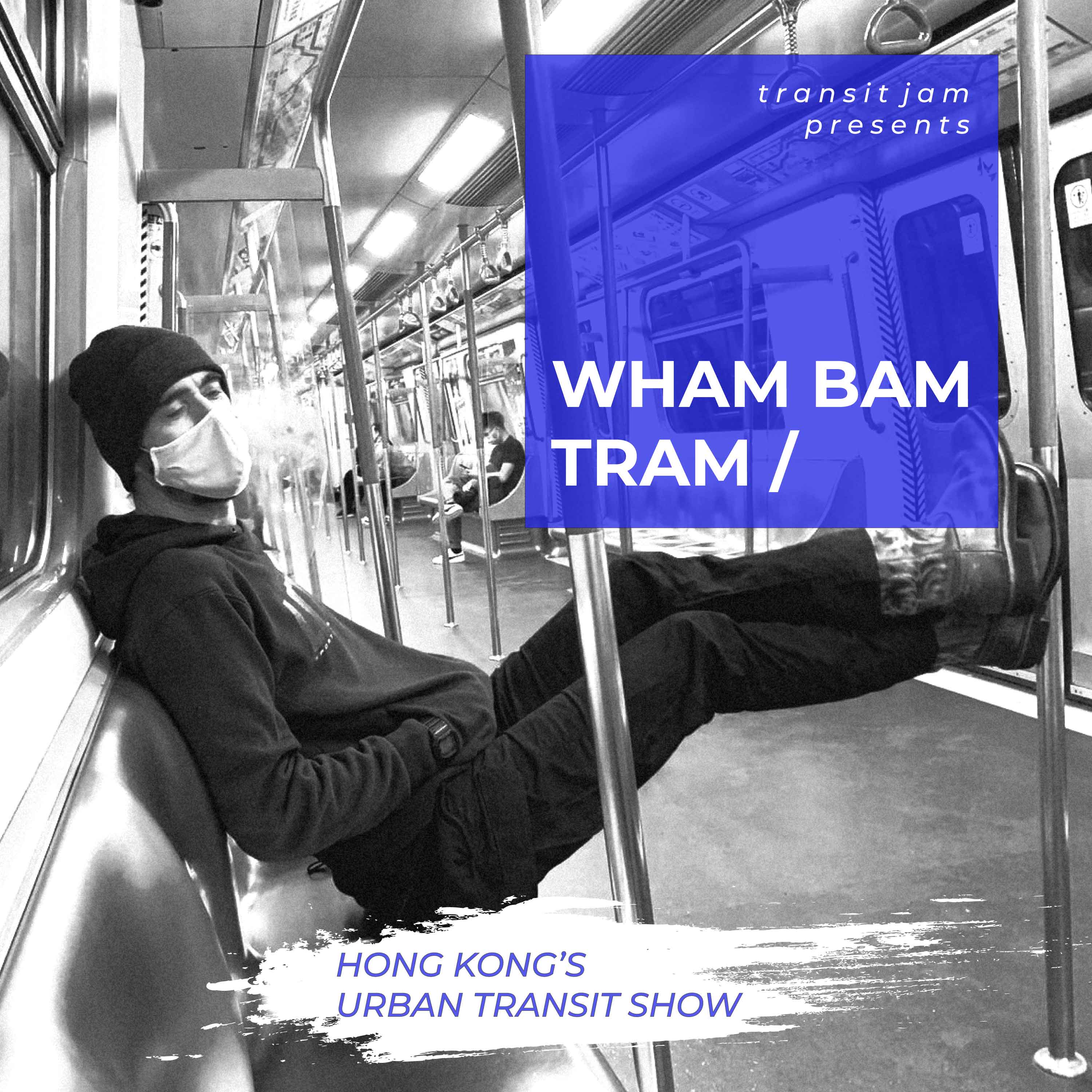Hong Kong has reiterated its zero-tolerance approach to e-mobility devices, with police today arresting a food delivery worker for riding an e-bike and warning that such machines “can cause fatal traffic accidents”.

The 40-year-old food delivery worker was arrested on suspicion of four offences, including driving without licence, insurance or helmet
The latest arrest comes after a 40-year-old e-bike rider, Ms Zhou, was caught delivering takeout food on Po Yap Road, Tseung Kwan O.
Zhou was arrested on suspicion of the four offences now commonly seen in electric mobility cases: driving without a driver’s licence; driving an unlicenced vehicle; driving without third party insurance; and driving a motorcycle without an approved helmet. Zhou was detained and her bike confiscated.
The bike in question was a lithium battery-powered Lankeleisi G650, sold for around US$1,000 on Chinese platforms as “a cheap folding e-bike”.
Zhou was caught just 300 metres from the site of Transport Department’s first “E-mobility Trials” held in Tseung Kwan O this January. During the trial, government officials approved a 1.4km section of cycle track for pre-approved and pre-registered e-mobility users to test their machines legally, with consultants studying the interactions between e-mobility riders and other cycle track users.
No data or report has yet been released since that January event.
“Illegal driving of electric mobility devices may cause fatal traffic accidents,” said police in a statement, warning that riders caught may even be disqualified from driving and adding that they would step up surprise operations to stamp out e-mobility use.
Police action against the devices has stepped up lately, with at least four operations in the last month, including in New Territories and Cheung Chau.
Categories: Law and Enforcement, On the Roads, Policy, Transit






Electric mobility devices “may cause fatal traffic accidents”, whereas drivers of trucks and cars do cause fatal traffic accidents all the time. The fact that trucks and cars are allowed on the road shows that to some extent we just accept casualties. Consequently risk of death or injury can’t be the reason for their being banned, so what is the real reason?